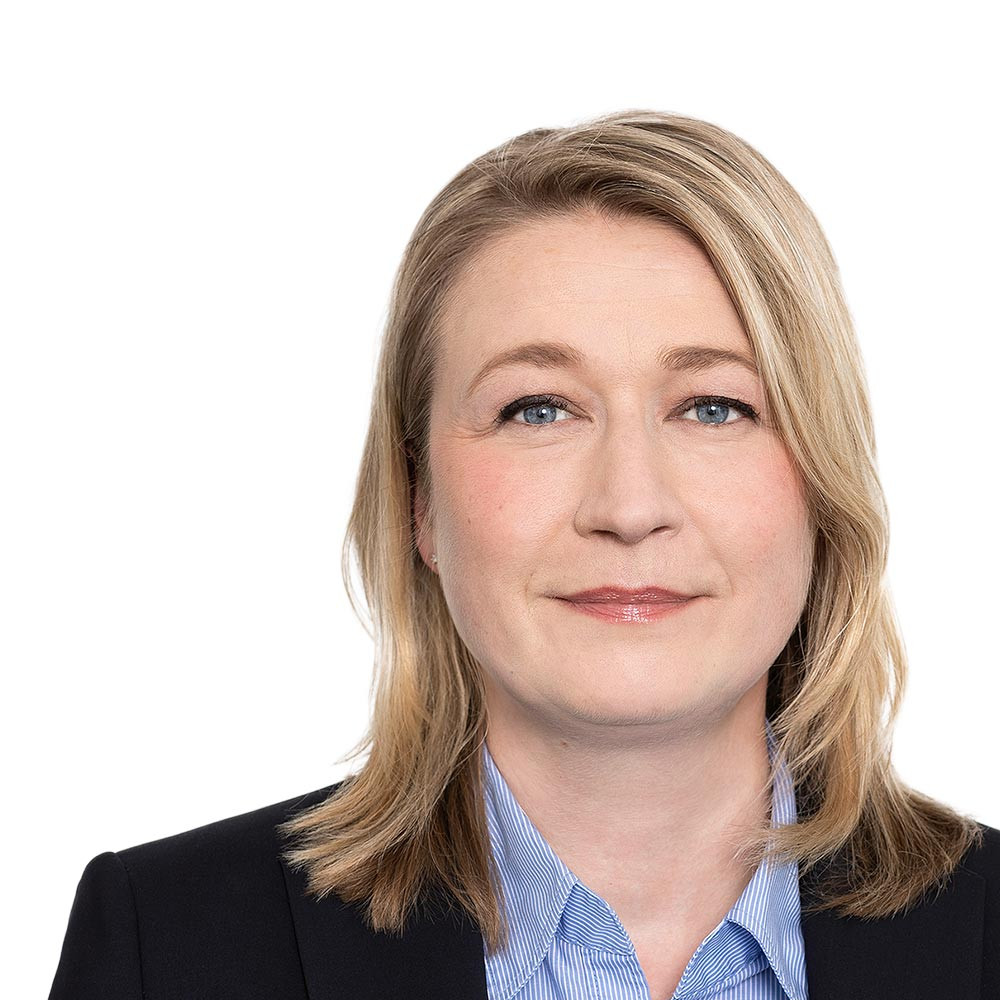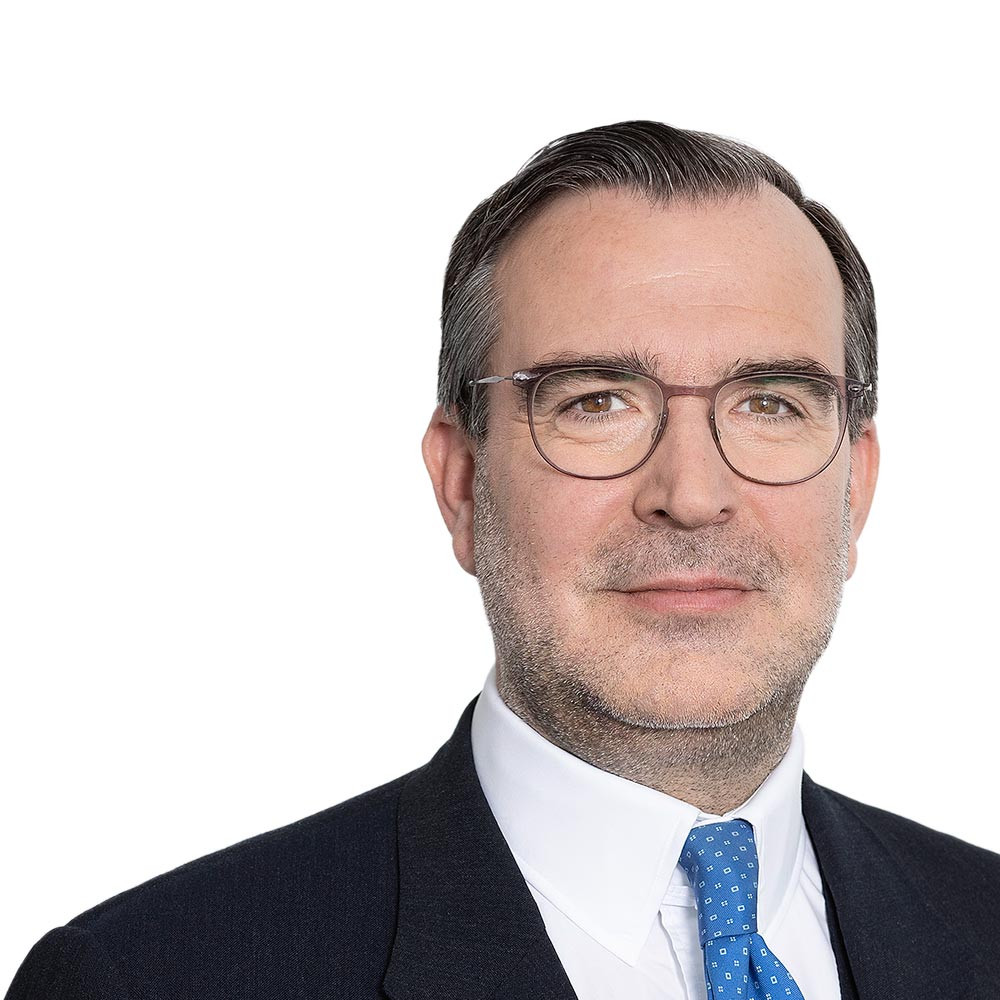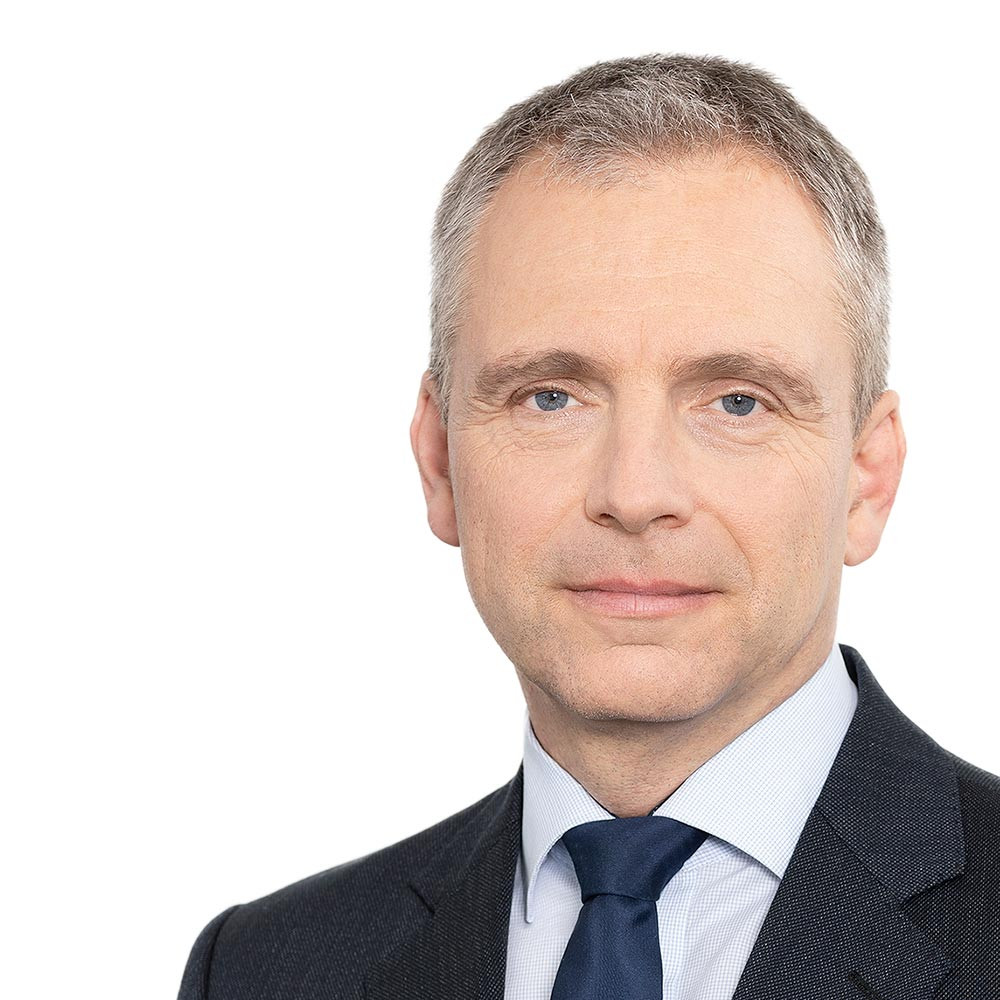- Compensation of DAX CEOs suffers the biggest slump since disclosure became mandatory: average compensation of DAX CEOs falls by 28% to an average of EUR 5.3 million in the face of sharply declining earnings so far
- Compensation waivers as well as special payments during the pandemic
hkp/// group analysis “Annual Report Evaluation Management Board Compensation DAX 2020”
Frankfurt/Main, March 29th, 2021. The COVID 19 pandemic is making a big mark on Management Board compensation across Germany. With very heterogeneous, but on average considerably lower profits of -45%, the average compensation for DAX CEOs fell by 28% to a value of EUR 5.3 million in the 2020 financial year (2019: EUR 7.4 million). This is the largest drop in average compensation since the obligation for disclosure of compensation under the German Management Board Compensation Disclosure Act (VorstOG) in 2006. At the same time, the compensation actually paid reported in line with the German Corporate Governance Code for a financial year is lower than the target compensation as required by the German Commercial Code (HGB) for multi-year compensation.
Key factors for the decline are the variable performance-based payments. For example, the average annual bonuses of DAX CEOs declined by around 38% in 2020, while the average mostly share-based multi-year variable remuneration fell by around 41%.
These are the findings of the hkp/// group analysis “Annual Report Evaluation Management Board Compensation DAX 2020”. It is based on data from the published annual reports of 28 DAX-listed companies for the past fiscal year. The figures for 2020 do not include the annual reports of the DAX-listed companies Delivery Hero and Linde, as their annual reports will not be published until the end of April. In accordance with the recommendations of the German Stock Corporation Act (AktG) and the German Corporate Governance Code (GCGC), the analysis incorporates all elements of compensation, including pensions and fringe benefits and represents the compensation actually paid.
The 2020 financial year is a turning point, as Michael H. Kramarsch, Managing Partner of the hkp/// group, puts it. “Never before since the mandatory disclosure of Management Board Compensation we have seen such a significant decline in average compensation levels. The pandemic does not only affect corporate profits, but also the short- and long-term variable compensation of CEOs. That is pay for performance. It is justified, but at the same time painful. Shareholders, employees and board members carry the burden together.”
Regine Siepmann, Partner and Head of Board Services at hkp/// group, also adds, “In our analysis, the numerous individual compensation waivers and special payments for extraordinary performance during the pandemic are also reflected alongside the business results. However, the pay for performance principle for DAX Management Board members is proving to be effective. The compensation of the top listed companies in Germany withstood the crisis-specific litmus test.”
Compensation levels and pay for performance
The latest compensation ranking is headed by the CEO of Deutsche Post with a total compensation of EUR 10 million, including the cumulative payout of variable compensation granted in previous years. Siemens' CEO comes in second place with EUR 9.3 million.
At the bottom of the DAX ranking is the Beiersdorf CEO with a salary of EUR 2.1 million. The CEO total compensation at 15 companies is below the average of EUR 5.3 million.
|
Top 3 compensation levels for DAX CEOs 2020 |
Total compensation |
|
Deutsche Post |
EUR 10.0 million |
|
Siemens |
EUR 9.3 million |
|
Merck |
EUR 9.0 million |
|
The three lowest compensation levels for DAX CEOs 2020 |
|
|
MTU |
EUR 2.8 million |
|
SAP |
EUR 2.2 million |
|
Beiersdorf |
EUR 2.1 million |
Fig.: The top and bottom total compensation levels for DAX CEOs in the 2020 fiscal year (GCGC table of compensation actually paid, CEO in office for the full fiscal year)
In fiscal 2020, eight companies with unchanged CEOs saw an increase in earnings per share compared to 2019. The average increase lies at 37%. Thereby, the total compensation actually paid of the respective CEOs increased by an average of 13%. At the same time, fourteen companies with the same CEOs experienced a decrease in earnings per share with an average of 71% compared to 2019. Thereby, the total compensation of the respective CEOs actually paid decreased by an average of 7%.
CEOs of eight companies waived parts of their compensation due to the pandemic. In the majority of cases, parts of the fixed compensation were waived, with the amount of the waiver ranging from EUR 80 thousand to EUR 283 thousand. Some CEOs decided to waive parts of their variable compensation (e.g. Deutsche Bank) or their entire variable compensation (e.g. adidas).
“As a result of the crisis, not only variable compensation is historically low this year, but there is an unprecedented bonus spread. Ultimately, this is a reflection of the overall economic situation. Some companies are getting through the crisis almost unharmed or even benefiting from it, while others are suffering massively from its effects,” explains hkp/// group Corporate Governance expert Michael H. Kramarsch.
Significantly improved compensation disclosure vs. lower standards in the future
The current hkp/// group analysis confirms that the disclosure of Management Board Compensation has improved. It shows that all DAX companies still voluntarily use the previous template tables based on the GCGC. But as of next year, these will be substituted due to the European Shareholders' Rights Directive and its implementation into German law (ARUG II). The authors of the hkp/// group study argue that the new compensation reports according to section 162 AktG, without the GCGC template tables, will result in a significant decrease of the previous, internationally leading, regulatory standard when it comes to the disclosure of compensation.
“Companies will be responsible for their own compensation reports, after the legislator and the GCGC step back,” explains Nina Grochowitzki, author of the study and Partner of the Board Services division of the hkp/// group. “We have seen steady growth in variable multi-year compensation until the recent crisis, which, together with retirement plans, accounts for about 60% of the total compensation of the Management Board. It is therefore all the more alarming that legal transparency requirements for exactly these compensation components are now being obscured.” The hkp/// group analysis therefore anticipates that many companies will retain the previous level of disclosure. Where this is not the case, institutional investors in particular will insist on the corresponding practice, as many of them have already made explicit reference to the GCGC template tables.







